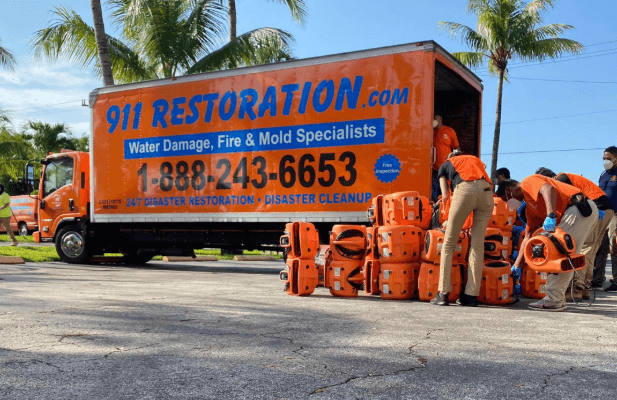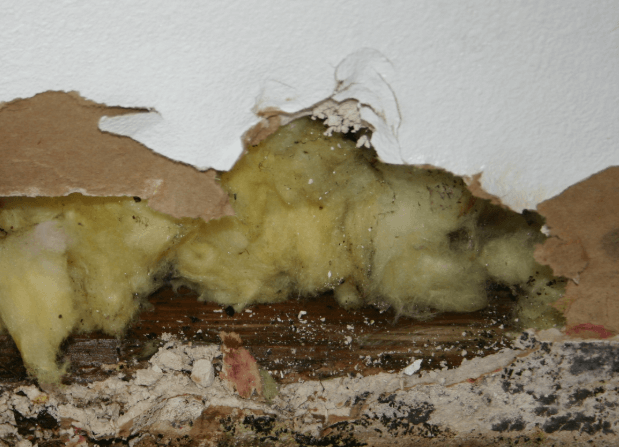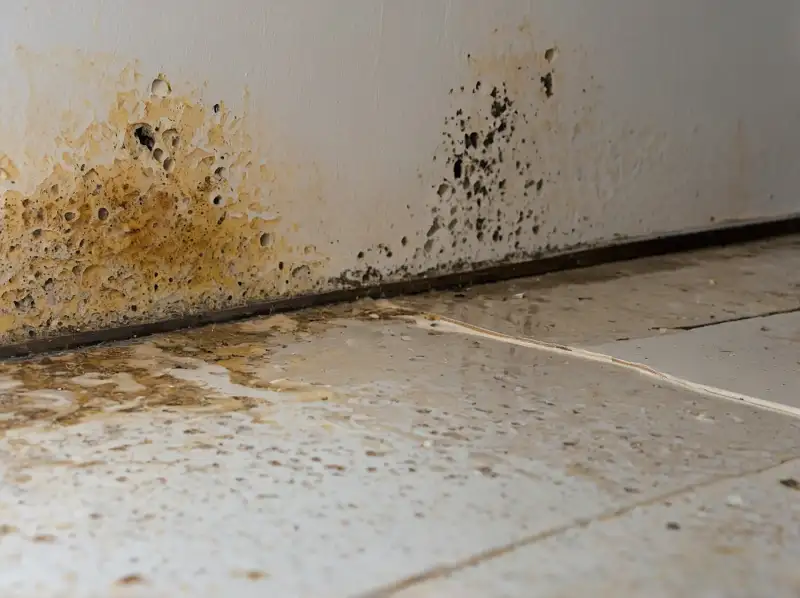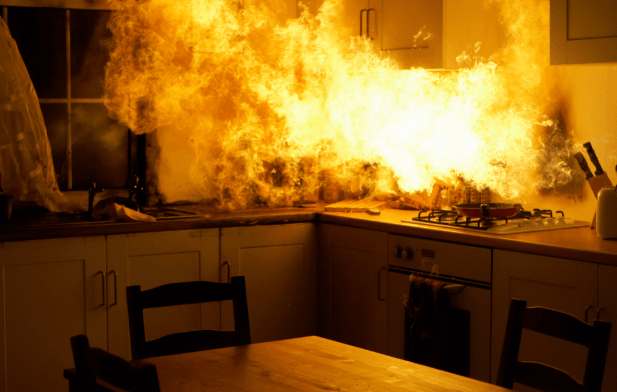
28
Aug
How Much Can It Cost to Clean Up After a Grease Fire
A grease fire in the kitchen can be a terrifying experience. Not only does it pose an immediate threat to your safety, but it can also cause significant damage to your home. Once the fire is out, the next step is to address the aftermath.
Cleaning up after a grease fire involves dealing with fire damage, smoke residue, and possibly even structural repairs. But how much can this process cost?
Let’s explore the different aspects involved in fire damage cleanup and the potential expenses you might face.
Understanding the Fire Damage Cleanup Process
Fire damage cleanup is a thorough process that includes assessing the extent of the damage, cleaning up debris, removing soot and smoke residue, and restoring your property to its pre-fire condition. Each step requires specialized skills and equipment, which can influence the total cost of the cleanup.
Damage Assessment Costs
The first step in any fire damage restoration is assessing the extent of the damage. Professionals will evaluate the affected areas to determine the severity of the fire and smoke damage. This assessment helps in planning the restoration process and estimating costs. The price for an assessment can vary, but it typically ranges from $200 to $600, depending on the complexity and size of the affected area.
Inspecting Structural and Personal Property Damage
Professionals inspect various parts of the home, including structural elements, to detect any hidden damage caused by the fire or smoke. They use special tools and techniques to assess the integrity of beams, supports, and other critical components. This thorough inspection ensures that all damage is accounted for before restoration begins.
Creating a Restoration Plan
Once the damage is assessed, experts develop a comprehensive restoration plan. This strategy outlines the steps needed to return the property to its pre-fire condition and includes timelines, labor requirements, and cost estimations. A well-detailed plan ensures an efficient and organized cleanup process, minimizing further disruption to your life.
Debris Removal Costs
Once the assessment is complete, the next step is debris removal. This involves clearing away any burnt materials, such as cabinets, appliances, or furniture, that cannot be salvaged. The cost for debris removal largely depends on the volume of debris and the disposal fees in your area. On average, you might expect to pay between $50 and $150 per hour for professional debris removal services.
Sorting and Salvaging Debris
Before removal begins, professionals sort through the debris to categorize items that can be salvaged, recycled, or disposed of. This step is crucial to identify valuable items that can be saved or restored, reducing overall replacement costs. Proper categorization helps streamline the cleanup process and ensures that hazardous materials are handled appropriately.
Safety Measures During Removal
Safety is a top priority during debris removal. Professionals use protective gear and follow strict safety protocols to prevent injury from sharp objects, unstable structures, or harmful substances. Ensuring safety not only protects the workers but also prevents further damage to the property during the removal process.
Smoke Damage and Restoration Costs
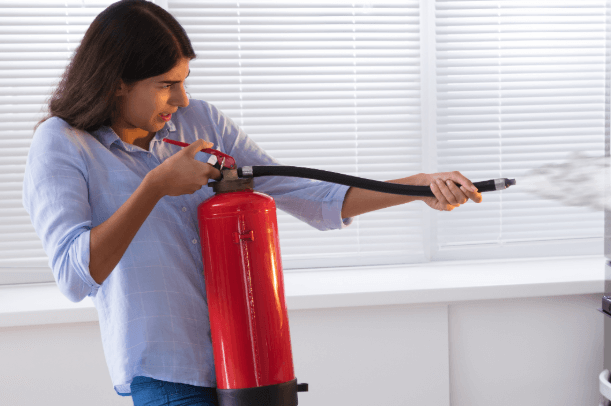
Smoke damage is a significant concern after a grease fire. Smoke can permeate walls, ceilings, and other surfaces, leaving behind a strong odor and unsightly stains. Smoke damage restoration involves cleaning and deodorizing affected areas to eliminate these issues.
Cleaning soot and smoke residue is a labor-intensive task that often requires specialized cleaning agents and equipment. The cost for smoke damage restoration can vary widely, depending on the extent of the damage and the size of the affected area. On average, you might expect to pay between $3,000 and $10,000 for professional smoke damage restoration services.
Cleaning Techniques for Smoke and Soot
Professionals use various techniques to clean soot and smoke residue, depending on the surface and extent of the damage. This includes dry cleaning sponges, chemical cleaners, and high-efficiency particulate air (HEPA) vacuums. Each method is selected based on its effectiveness in removing residues without damaging the underlying surfaces.
Addressing Hidden Smoke Damage
Smoke and soot can settle in hard-to-reach places, such as air ducts, behind walls, or within ceiling cavities. Professionals use specialized equipment to access and clean these areas, ensuring a thorough restoration. Ignoring these hidden spots can result in persistent odors and potential health hazards over time.
Preventing Mold and Lingering Odors
Proper cleaning of soot and smoke residue not only restores the appearance of your home but also prevents future issues like mold growth or lingering odors. Professionals apply anti-microbial treatments to affected areas to inhibit mold development. This proactive step ensures the long-term health and safety of your living environment.
Structural Repairs and Associated Costs
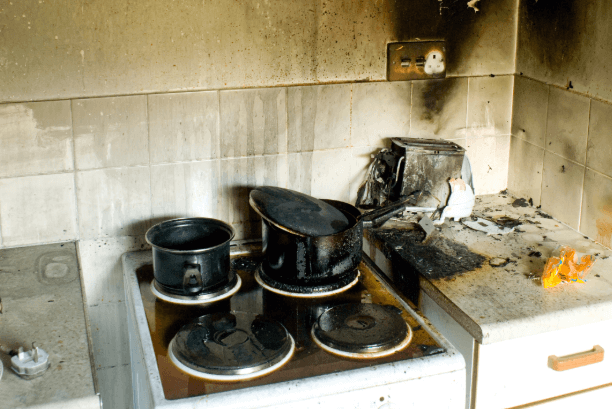
In some cases, a grease fire may cause structural damage that requires repair. This could include replacing drywall, repairing cabinetry, or even addressing damage to flooring or ceilings. The cost for structural repairs will depend on the extent of the damage and the materials needed for restoration.
Drywall and Ceiling Repairs
Repairing drywall and ceilings can range from $1.50 to $3.50 per square foot, depending on the complexity of the work and materials used. If the fire has affected a large area, these costs can add up quickly.
Ensuring Structural Integrity
Before repairs begin, professionals assess the structural integrity of the affected areas to ensure safety. They check for any signs of warping, cracking, or other damage that may compromise the stability of the structure. A thorough assessment ensures that repairs address all underlying issues, preventing future problems.
Choosing Materials for Structural Repairs
Choosing the right materials for repairs is crucial for ensuring durability and aesthetics. Professionals select materials that match the existing structure, maintaining the visual consistency of your home. High-quality materials not only enhance the appearance but also increase the longevity of the repaired areas.
Coordinating With Other Restoration Work
Structural repairs are often coordinated with other restoration efforts, such as electrical or plumbing repairs. Professionals ensure that all systems are functioning correctly before completing structural repairs. Coordinating repairs minimizes disruptions and ensures a seamless restoration process.
Emergency Services and Costs
In the aftermath of a grease fire, you may require emergency services to secure your property and prevent further damage. This could include boarding up windows, tarping roofs, or even temporary relocation if the damage is extensive. The cost for emergency services can vary, but you might expect to pay anywhere from $200 to $1,000, depending on the services required.
Final Thoughts
Cleaning up after a grease fire can be overwhelming and expensive, especially when dealing with smoke, soot, and structural repairs. While insurance may help, out-of-pocket costs are common, making professional help essential. Let this experience serve as a reminder to stay prepared with safety measures like fire extinguishers and proper ventilation.
If you’re facing fire damage, trust the team at 911 Restoration of West Palm Beach for fast, reliable, and compassionate cleanup. Contact us now for a Fresh Start and peace of mind.

